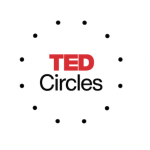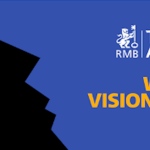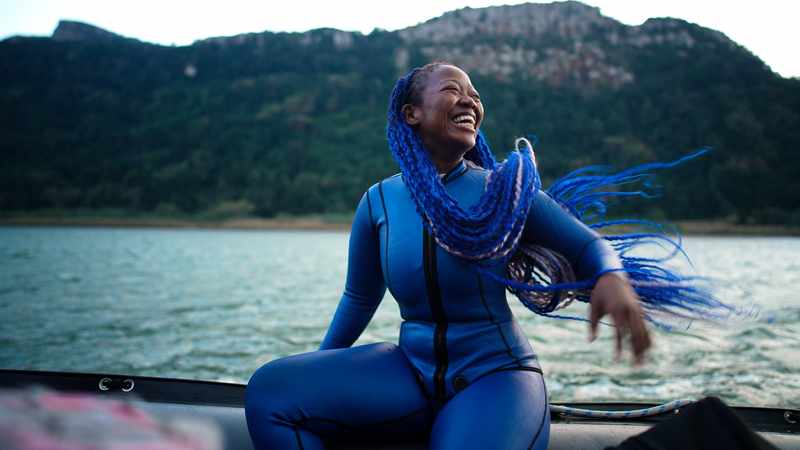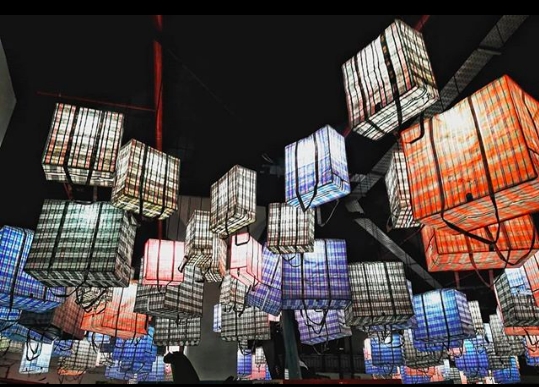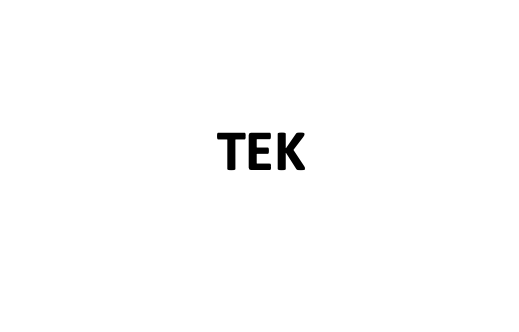
I Wish Someone Had Told Me About ‘TEK’
TEK.
The abbreviation for Traditional Ecological Knowledge.
When you first read the world TEK, you may have thought I was talking about a new term to describe technology or a new software development company.
I first became aware of the term and the associated thinking in February of this year. It immediately captured my attention and I began to read further on it. The concept asks us to explore how traditional societies have evolved and adapted through time, using natural resources and deep local knowledge.
My introduction to the concept came while I was listening to a podcast in the Time Sensitive series. A podcast that explores how navigate the spaces around us, how we learn from them, and how they have changed through time. Julia Watson was the podcast guest and she was talking about some of the findings she shared in her new book “The Power of Lo-TEK”.
If you are eager to explore the concept you can use this article as a starting point – The Power of Lo-TEK: A Design Movement to Rebuild Understanding of Indigenous Philosophy and Vernacular Architecture.
Lo-TEK is a movement that orients us toward a different mythology of technology, one that evolves humanism with radical indigenism. Learning from designs and decisions that have been made through time, evolving and adapting. How is it that systems designed using natural resources stand the test of time?
An example that Julia references in her book and in her TED Talk at the 2020 conference speaks to how tree roots serve as natural bridges for the Kasi people in Northern India.
A point of reference that ties in well to Julia’s talk in design thinking. You may be familiar with the concept, but if you aren’t here is a quick definition.
This model of thinking is described by the Interaction Design Foundation as “a design methodology that provides a solution-based approach to solving problems. It’s extremely useful in tackling complex problems that are ill-defined or unknown, by understanding the human needs involved, by re-framing the problem in human-centric ways, by creating many ideas in brainstorming sessions, and by adopting a hands-on approach in prototyping and testing.”
TEK as concept has opened my eyes to looking at things differently. Encouraging me to ask questions and explore how knowledge has evolved through time. Nature is full of complex systems and exploring how generations of humans in remote areas of the world have lived and continue to live in these ecosystems may help our thinking as we build into a high tech future.
“I wish someone had told me” is a series of posts that feed into our inquisitive nature at CN&CO. Each week we hear from someone in our network about something interesting or surprising that’s recently happened or occurred to them – or lessons they learnt. These blogs are a way to pay it forward and form part of CN&CO’s belief that the world can be a better place – and we all have a responsibility to make it so.
You can read other blogs in the series here.

